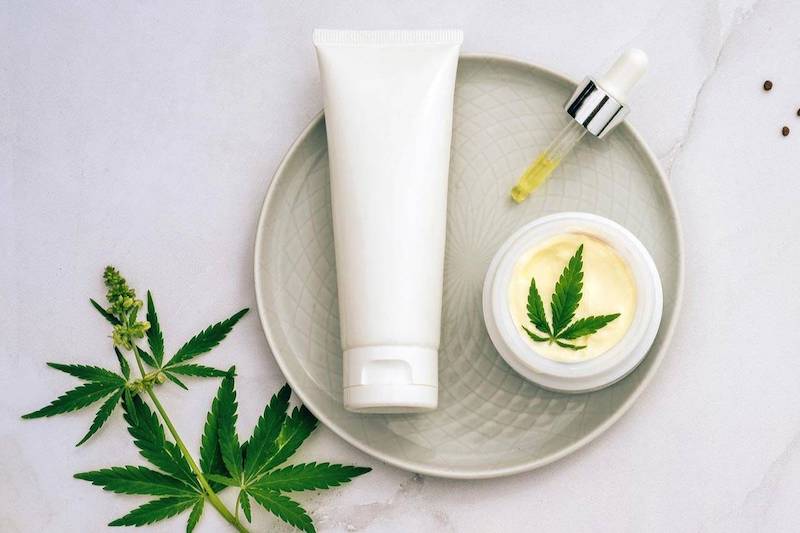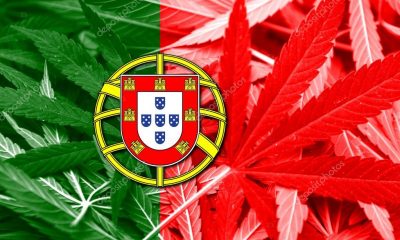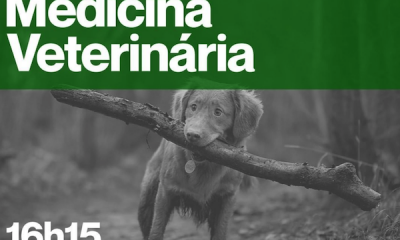Infarmed – IP Medicine Authority released an information circular reinforcing that the use of CBD (cannabidiol) extracted from “cannabis for industrial purposes” (hemp) is prohibited. Citing the 1961 Single Convention on Narcotic Drugs, the President of Infarmed, Rui Santos Ivo, makes it clear that “cosmetic products cannot therefore contain the following substances/preparations related to the cannabis plant, regardless of their tetrahydrocannabinol (THC) content )” – “which includes (sic) varieties of industrial hemp” (in a footnote).
“Cannabis is classified in the national territory as a narcotic, and is included in the IC table, annexed to Decree-Law No. 15/93, of 22 January, in its current wording. Within the scope of this framework, the use of the cannabis plant for purposes other than medicinal is prohibited, with the exception of the use of fibers (stems) and seeds of varieties with low THC content of cannabis for industrial purposes (hemp)”, insists Infarmed. .
According to the Medicines Authority, “the inclusion of CBD or other cannabinoids, which exist naturally in the cannabis plant, is not allowed, as they are obtained through the preparation of extracts or tinctures of cannabis or its resin”.
Infarmed reinforces that CBD is a controlled substance
The Infarmed information circular also states that “with regard to the various cannabinoids that are part of the cannabis resin, and in particular the substance cannabidiol (CBD), it is the express understanding of the International Narcotic Control Board (INCB – International Narcotic Control Board), that the it is covered by the Single Convention on Narcotic Drugs of 1961, as an extract/preparation of the cannabis plant, and is included in Table I annexed to that convention. Thus, the aforementioned substances, namely the substance cannabidiol (CBD), as a resin or cannabis preparation, are included in Table IC, attached to Decree-Law no. subject to the control measures applicable to the substances provided for therein”.
CBD banned in cosmetics
Infarmed emphasizes that the placing on the market of cosmetic products “complies with the requirements established by Regulation (EC) No. 1223/2009 of the European Parliament and of the Council of 30 November 2009”.
This Regulation “prohibits the inclusion in cosmetic products of all substances listed in tables I and II of the Single Convention on Narcotic Drugs of 1961, through entry 306 of Annex II. Additionally, at the national level, these substances are considered controlled, under the terms of Decree-Law no. 15/93 of 22 January, in its current wording”.
In this sense, says Infarmed that “cosmetic products cannot contain the following substances/preparations related to the cannabis plant, regardless of their tetrahydrocannabinol (THC) content”:
- Cannabis and Cannabis Resin;
- Cannabis extracts and tinctures;
- Leaves and flowering/flowering or fruiting tops of the Cannabis plant.
The inclusion of CBD or other cannabinoids, which exist naturally in the cannabis plant, is not allowed, “because they are obtained through the preparation of extracts or tinctures of Cannabis or its resin”.
“Included in this ban are the substances CANNABIDIOL -DERIVED FROM EXTRACT OR TINCTURE OR RESIN OF CANNABIS and CANNABIS SATIVA LEAF EXTRACT”. These designations appear in CosIng – the European Commission's database for information on substances and ingredients. An ingredient listed on CosIng does not mean that its use in cosmetic products is approved” – the circular says in a footnote – “but its inclusion in cosmetic products is not authorized”.
Only hemp seed oil authorized
The use of “substances/preparations obtained from plant seeds with a THC content of ≤ 0,2%, such as, for example, cannabis seed oil of varieties registered in the Common Catalog of Varieties of Agricultural Species” is excluded from this prohibition. .
Infarmed warns that “there are other sources of CBD that are not covered by Annex II of Regulation (EC) No. 1223/2009, but are under analysis in the European Union and the World Health Organization”. The use of these substances in cosmetics must be analyzed on a case-by-case basis and always requires a safety assessment.
The circular ends by saying that “the adequacy of the composition of cosmetic products that are placed on the market to the legislation in force is an obligation of the Responsible Person, who must ensure compliance with applicable legislation and the safety of cosmetic products under the foreseen or reasonably foreseeable conditions of use. . Responsible persons or distributors operating in Portugal must ensure that the composition of the products they make available on the market comply with these requirements”, he concludes.
Read the full informational circular here:
Infarmed-Circular-Informative-N-014-CD-100-20-200










































